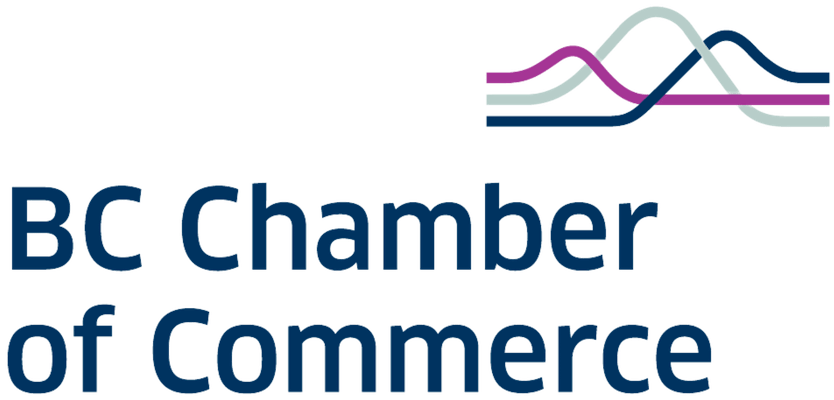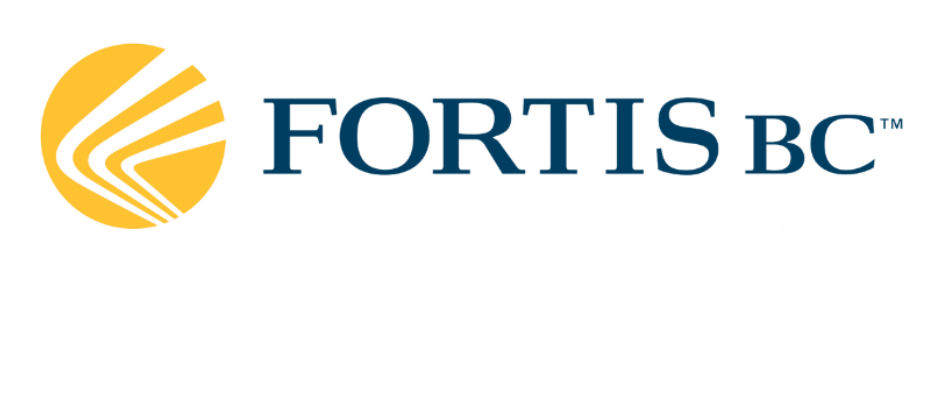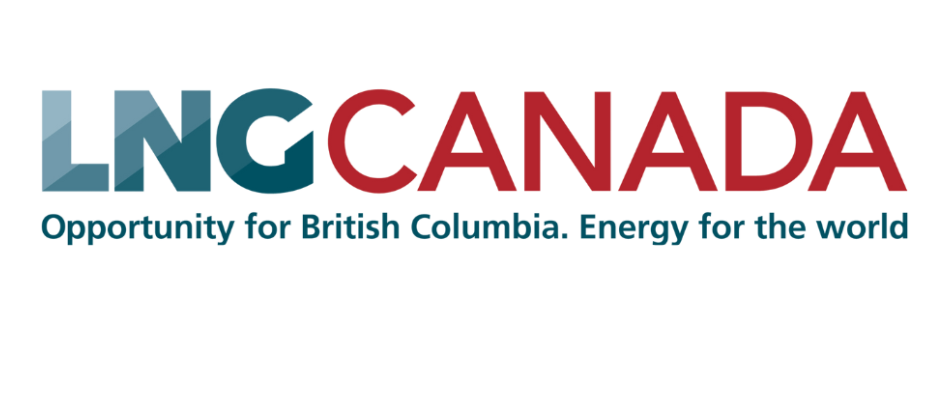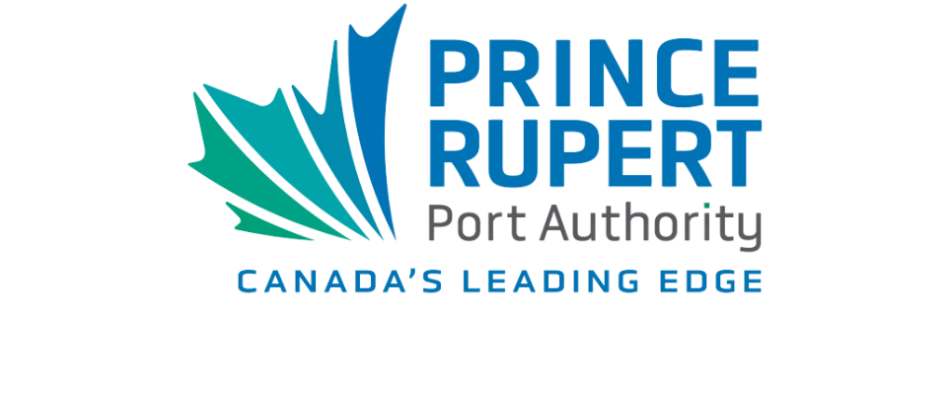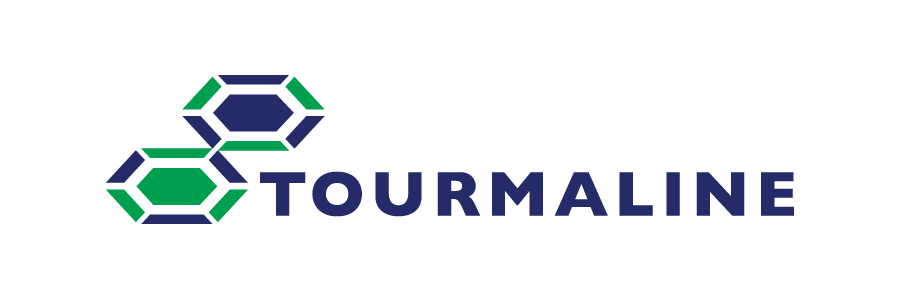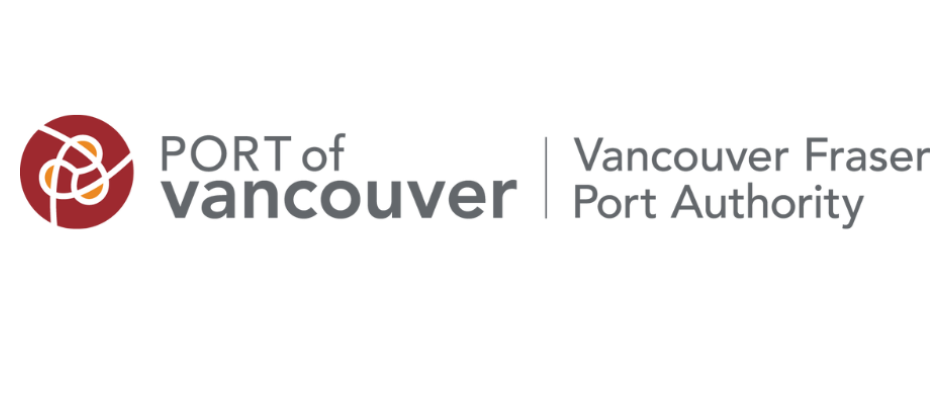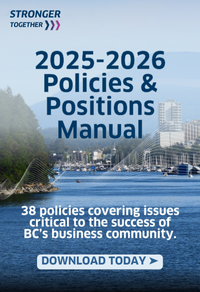Pillar Partner program will harness the power of partnerships.
As the largest and most broadly-based business organization in the province that represents 100 chambers of commerce and boards of trade and 36,000 businesses of every size and from every sector and region of the province, the BC Chamber of Commerce is an established voice in the business community and has helped shape government public policy and decision-making to empower British Columbia’s businesses.
With a rich history that spans over 70 years, the provincial association has navigated both economic and political change. However, today’s reality is different, defined not only by new business models, workplace norms and technologies, but also by a changing society, rightfully seeking equity, diversity, inclusion and justice for all, by the devastating effect of climate change and the urgent need for solutions and spiking mental health concerns at all ages.
There is much to do and none of us can do it alone.
That is why the BC Chamber of Commerce has created its new Pillar Partner program, designed to leverage the expertise and know-how of an exclusive group of industry leaders, who share the provincial association’s values and commitment to harnessing the opportunities and addressing the challenges that lie ahead so that businesses across the province prosper, families thrive and our communities flourish.
Interested in learning more? Please contact Jennifer Jones, Director, Events and Partnerships, at [email protected].
